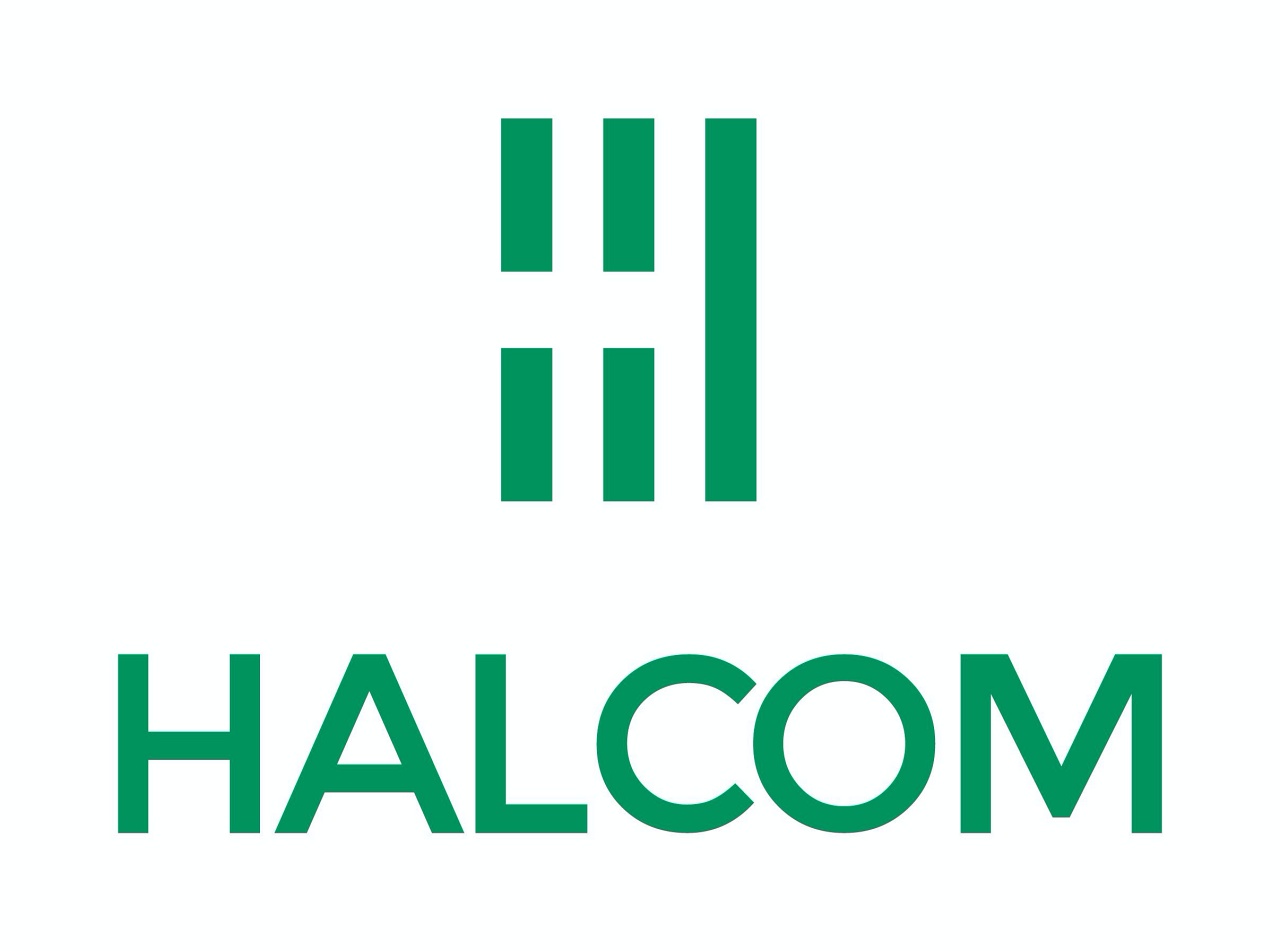“Waste has been a disaster in many countries, including Vietnam. According to the statistics of the Ministry of Natural Resources and Environment (MONRE), the total amount of household solid waste of the whole country is about 24.5 million tons. In which, only 1% is used to generate electricity, 27% is treated at an “acceptable” level, and the remaining 72% is polluting the environment every hour”, informed by Mr.Nguyen Quang Huan, Vice President of VN Private Business Association (VPBA), President of Halcom VN JSC, during an interview by Enternews.
Analyzing advantages and disadvantages of current waste management technologies in Vietnam, Mr.Huan highlights INTEC TCT – a 10-year-research achievement of German scientists which has been licensed. This technology is different from others – waste will be heated to the highest temperature, all solids become gas, then heated hot air will spin the turbine to generate electricity. This gas is burnt in a closed cage, and does not pollute the environment. A part of waste, if not burnt into gas, will turn into coke, used for steel refining, and a very small remaining amount of steel slag (less than 2%) will be buried.
In order to develop waste-to-energy technologies, Mr.Huan emphasized on current obstacles in developing WTE that need to be removed:
- Firstly, local authorities need to welcome investment with leading technologies, instead of applying popular but backward technologies
- Second, WTE mechanism is not yet transparent. Investors, local authorities and functional departments should discuss on solutions whenever there are problems and difficulties, but it is not in Vietnam.
- Thirdly, it is the “expense” issue. In fact, waste management investment is costly. But in some provinces such as Bac Giang, a ton of waste management is paid only 16 USD. This price is not enough for a thorough management.
For reference: Enternews printed version – Issue 44 (29 May, 2020) – The interview is on page 14.

